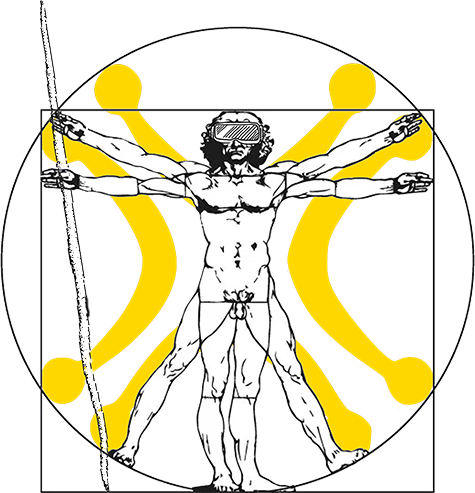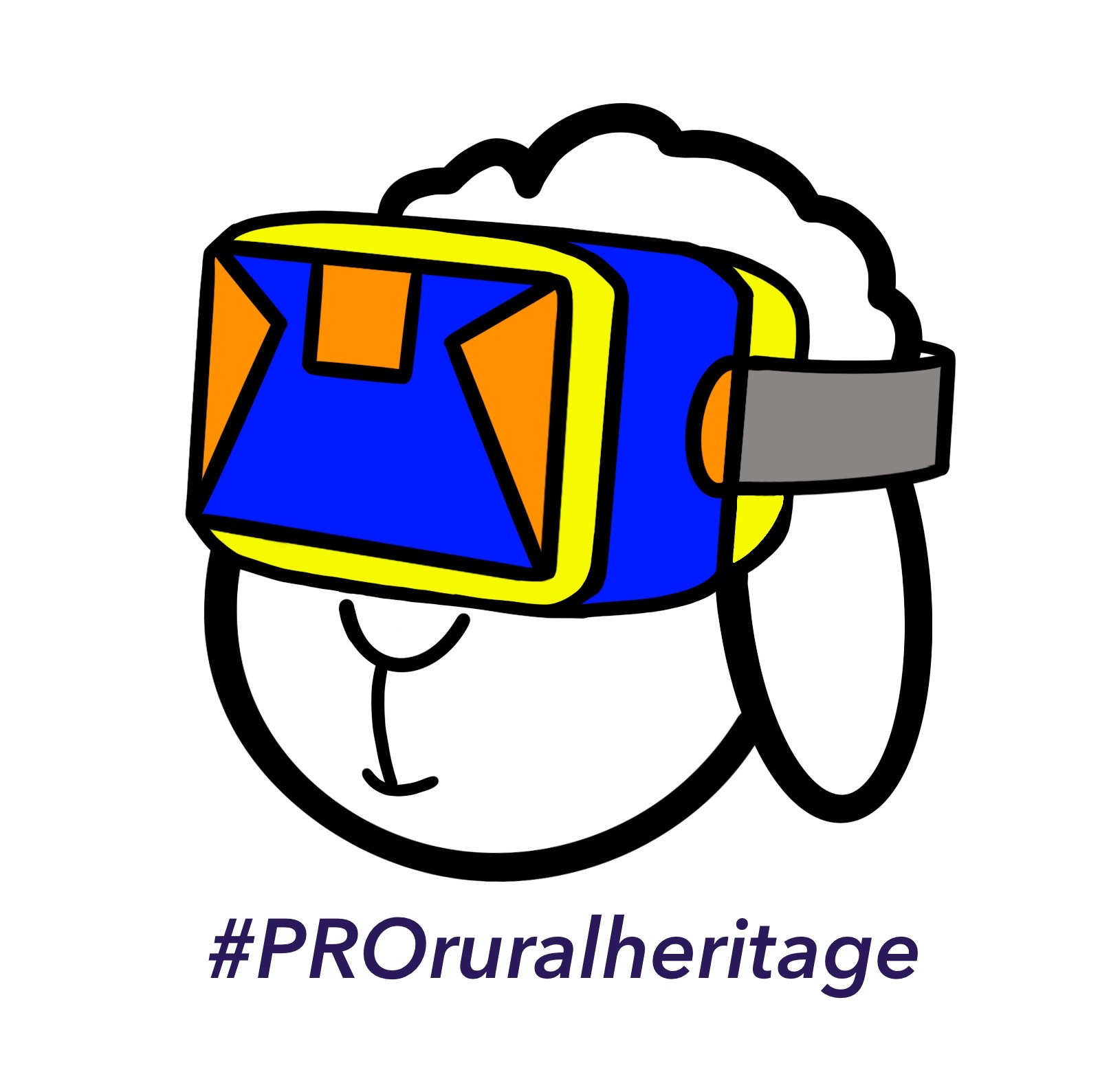
Context
Today, an increasing number of young people living in rural areas of Europe find themselves socially and civically marginalized. There are several reasons for this, including:
- geographic isolation,
- growing rural poverty,
- difficult access to employment and
- low levels of participation in international projects.
However, there are many rural youth organizations that strive to boost youth participation in their communities, but face increasing difficulties in securing this long-term commitment. Lack of tools and means adapted to their expectations and difficulties is a common reason, but there is also insufficient knowledge of the resources embodied by local heritage to attract young people involved in local life. At the same time, rural heritage conservation groups struggle to mobilize young people.
Cultural heritage, whether tangible or intangible, is key to the identity of rural areas and yet is at risk of disappearing without efforts to transmit it and "recover" this heritage from the point of view of younger people. However, this heritage represents a legitimate conduit for promoting active European citizenship as well as a source of employment for young people with little or no academic qualifications.
The project addresses two of the six rural development priorities supported by ENRD (European Network for Rural Development, programming period 2014-2020):
| Priority 1 | Priority 6 |
| Knowledge transfer and innovation | Promoting social inclusion, poverty reduction and economic development in rural areas |
Expected impact at the local, regional, national and EU levels
- Possibility to contribute to the improvement of services for youth and people with disabilities by local, regional and national public and private organizations through innovative methodologies that foster youth participation and social inclusion;
- The expected long-term impact of the project, at the level of civil society and European policy makers, is to ensure that organizations working with young people and people from disadvantaged groups (in particular people with disabilities) are recognized as innovative educational centers, able to promote social inclusion.
Beneficiaries
 |
 |
 |
| Europeans | 13-30y | Disadvantaged background |
Indirect beneficiaries
| young people | students | representatives of training and education centers |
|
| youth workers | social workers | associations | |
| experts | Nongovernmental organisations (NGOs) |
||
| policymakers | other key stakeholders | ||
Objectives
The main objective of the project is to valorize local agricultural traditions and rural heritage through the creation of a new professional profile for young workers:
"Advisor for the promotion of cultural heritage in rural areas",able to use digital tools to raise awareness about rural heritage, especially among young people and parties actively involved in the project's thematic.
- Raise awareness among young workers and local communities on the importance of rural heritage to boost economic growth, social inclusion, cultural diversity in rural areas.
- Promote rural heritage and activities to guide creativity and innovation.
- Increase entrepreneurship and the use of digital skills among young workers in rural areas to promote rural heritage.
- Increase skills in young workers to support the transition to a sustainable and innovative economy in rural areas.
- Prioritize non-formal and informal training, especially targeting young workers and disadvantaged youth seeking their first job in rural areas.





.jpg)







